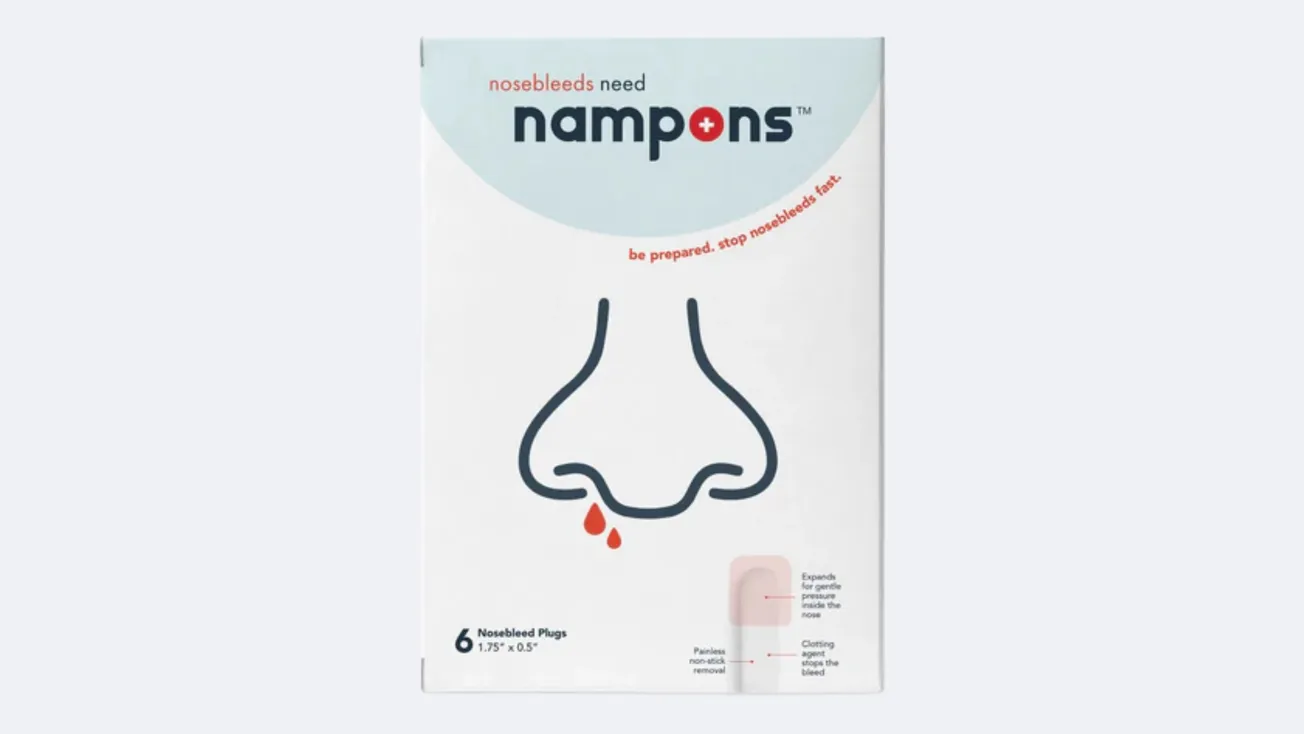Table of Contents
DEERFIELD, Ill. — Walgreen Co. no longer plans to participate in any new and renewed prescription drug plans awarded to the pharmacy benefit management business of CVS Caremark Corp.
Walgreens said Monday morning that it has sent a letter to CVS Caremark stating that it won’t be a pharmacy provider in any new and renewed prescription plans awarded after June 7 to the company’s PBM unit. Current CVS Caremark plans in which Walgreens is already a provider won’t be affected.
In giving its reason for the move, Walgreens said it concluded that it’s "no longer in the best interests of its customers, pharmacists and shareholders to grow its future business with CVS Caremark." The Deerfield, Ill.-based drug store chain — the largest pharmacy provider in the PBM’s network — cited issues with CVS Caremark regarding its Maintenance Choice program, transfers of prescription plans to other pharmacies and reimbursement rates.
"Walgreens participates in hundreds of pharmacy benefit networks, which serve an important function in the marketplace by providing comprehensive access to prescription services for patients in prescription drug plans across the country," Walgreens president and chief executive officer Greg Wasson said in a statement. "Unfortunately, as a result of CVS Caremark’s pharmacy benefit management practices toward Walgreens, it no longer makes good business sense for Walgreens to be part of their network for new and renewed plans. We will continue to participate in current CVS Caremark plans to provide continuity of care and service to our pharmacy patients."
Kermit Crawford, executive vice president of pharmacy for Walgreens, said in a statement, "In the three years since the CVS-Caremark merger, it has become increasingly clear to us that Caremark’s approach to Walgreens as a community pharmacy within CVS Caremark’s retail network has fundamentally changed, and we are no longer viewed as a valued community pharmacy within its PBM network."
Issuing a statement on the matter Monday afternoon, CVS Caremark said it was "surprised" by Walgreens’ decision and called its action a negotiating move to increase its reimbursement rate from the Caremark PBM unit.
In the letter to CVS Caremark, Walgreens said it stated that CVS Caremark’s promotion of prescription plan designs like Maintenance Choice disrupts networks by requiring patients with chronic conditions in many plans to use CVS pharmacies or Caremark mail order for their prescriptions instead of Walgreens, which also ends up limiting patient choice.
Also, Walgreens said in the letter that it receives no or little information when a CVS Caremark prescription plan is transferred to a different and differently priced CVS Caremark pharmacy network, or when CVS Caremark acquires a new prescription plan as a client, making it difficult for Walgreens to determine if it should participate in the new or altered CVS Caremark plan.
Walgreens said it also stated in the letter that CVS Caremark’s reimbursement rates to Walgreens are unpredictable and claimed that the PBM’s payments for certain drugs "often don’t reflect the market," making difficult for Walgreens to plan for and operate its business.
"We have come to feel that CVS Caremark’s pharmacy benefit management practices are inconsistent with the value we provide as the largest pharmacy provider in its network and the services we deliver to patients, employers and payers," Crawford explained. "These services include our trusted pharmacists and clinicians who stand ready to deliver critical health care advice, convenient locations with drive-through pharmacies and 24-hour pharmacies that provide access to emergency medications. Consequently, we have reached a point where participation in future CVS Caremark plans no longer makes sense for us."
Walgreens has more than 7,500 drug stores, with locations in all 50 states as well as Washington, D.C., and Puerto Rico, and said it operates pharmacies within 5 miles of nearly eight in 10 Americans.
Before CVS Caremark gave its official response to Walgreens’ announcement, Sanford Bernstein & Co. analyst Helene Wolk said in a research note that Walgreens’ move represents a negotiating tactic to increase its reimbursement from Caremark.
"We believe Walgreens is choosing to use its leverage to force CVS to provide higher reimbursement," Wolk explained in the research report, released early Monday afternoon. "Walgreens faces a tough pharmacy market, continued pressure on front-end comps and reimbursement pressure from a variety of sources, which we believe has pushed the company to take this aggressive stance in its negotiation."
According to Wolk, reimbursement from CVS Caremark accounts for 7% of Walgreens’ total revenue, or approximately $4.6 billion. "Walgreens’ average pharmacy operating margin is likely around 6%, so a 1% boost in reimbursement would have a meaningful impact on operating income for Walgreens (an increase of over 15%)," she stated.
Wolk noted that in the near term CVS Caremark’s PBM unit faces escalated renewal risk for the 2011 selling season and, despite already renewing some 2011 contracts, is looking at a "relatively light" year in terms of renewals. "We expect resolution to be reached with Walgreens in the near term, limiting potential PBM contract losses," she said in the research note.
"We believe that Walgreens and CVS Caremark are mutually dependent and expect the two companies to come to an agreement before long, which likely will include increased reimbursement for Walgreens," Wolk stated.
Other chain pharmacy operators aren’t likely to employ the same aggressive tactics in their PBM dealings with CVS Caremark, according to Wolk.
"We do not believe other drug retailers have the necessary market power to follow Walgreens’ approach," she said in the research report. "The next biggest players in the market, Rite Aid and Walmart, have less than half the share of Walgreens."
*Editor’s Note: Article updated on June 7 with CVS Caremark and analyst comments.







